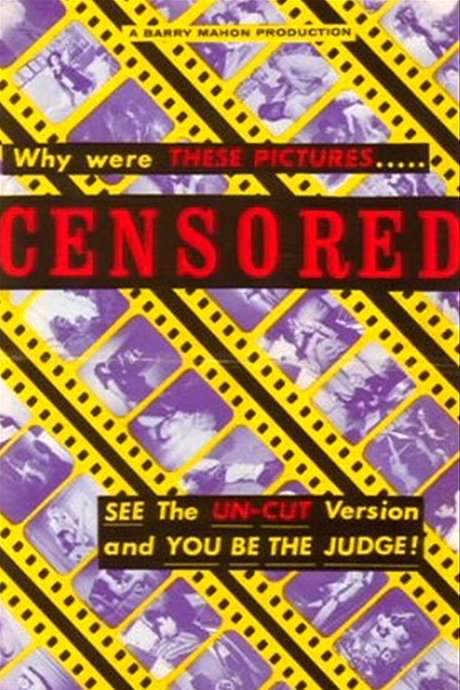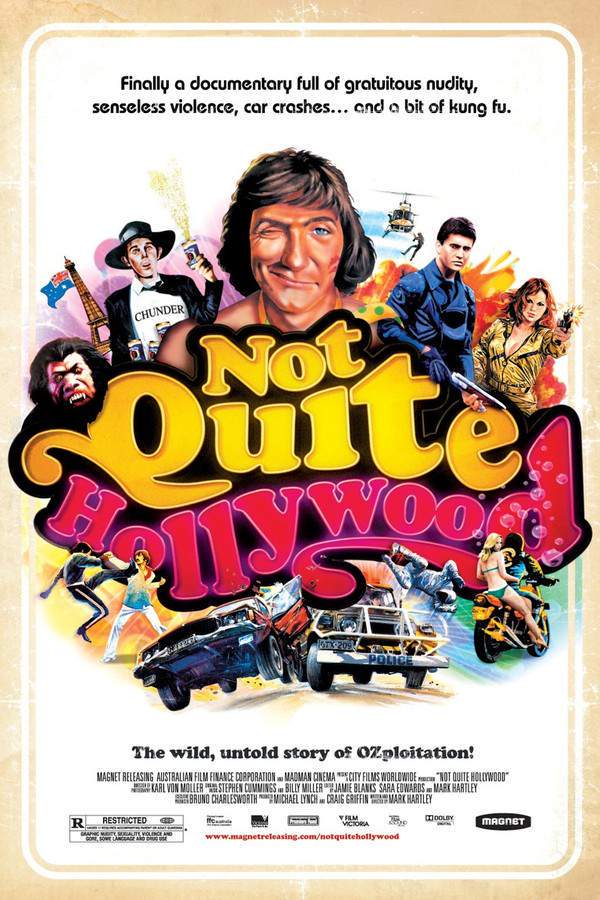
Not Quite Hollywood: The Wild, Untold Story of Ozploitation!
Year: 2009
Runtime: 103 min
Language: English
Director: Mark Hartley
During the early 1970s, Australia’s film industry experienced a transformative period following the introduction of the R-certificate. This unleashed a wave of creative energy, giving rise to a distinctive style of genre cinema known as Ozploitation. This era saw a bold combination of sex, violence, horror, and action in films such as Mad Max, Patrick, and Turkey Shoot, pushing boundaries and leaving a lasting mark on Australian film.
Warning: spoilers below!
Haven’t seen Not Quite Hollywood: The Wild, Untold Story of Ozploitation! yet? This summary contains major spoilers. Bookmark the page, watch the movie, and come back for the full breakdown. If you're ready, scroll on and relive the story!
Timeline – Not Quite Hollywood: The Wild, Untold Story of Ozploitation! (2009)
Trace every key event in Not Quite Hollywood: The Wild, Untold Story of Ozploitation! (2009) with our detailed, chronological timeline. Perfect for unpacking nonlinear stories, spotting hidden connections, and understanding how each scene builds toward the film’s climax. Whether you're revisiting or decoding for the first time, this timeline gives you the full picture.
Last Updated: November 08, 2024 at 00:00
Explore Movie Threads
Discover curated groups of movies connected by mood, themes, and story style. Browse collections built around emotion, atmosphere, and narrative focus to easily find films that match what you feel like watching right now.
Movies like Not Quite Hollywood: The Wild, Untold Story of Ozploitation! that explore film history
Energetic documentaries that celebrate hidden gems and rebellious filmmaking movements.If you enjoyed the energetic tour of Ozploitation, you'll like these movies that dive deep into film history. Discover documentaries that celebrate forgotten genres, rebellious filmmakers, and the untold stories behind the camera, all presented with infectious passion and a fast-paced, clip-filled style.
Narrative Summary
The narrative follows a linear, informative path, charting the rise, impact, and legacy of a cinematic subject. It builds a case for the importance of its topic through a combination of archival footage, expert interviews, and celebratory analysis, culminating in a reaffirmation of its cultural significance.
Why These Movies?
Movies in this thread share a high-energy, celebratory approach to documentary filmmaking. They are united by a fast pace, a focus on genre or exploitation cinema, and a tone that is more revelatory and enthusiastic than critically detached, making film history feel immediate and exciting.
Movies with the rebellious genre film spirit of Not Quite Hollywood: The Wild, Untold Story of Ozploitation!
Discovering the artistry and anarchy behind outrageous, boundary-pushing genre films.Fans of the rebellious spirit in Not Quite Hollywood will enjoy these movies that share its love for audacious genre filmmaking. Explore films that combine high intensity, fast pacing, and a mix of exploitation elements, celebrating cinema that pushes boundaries and defies censorship.
Narrative Summary
Narratives in this thread often focus on rebellion, freedom, and survival, whether of characters within the story or the filmmakers themselves. They prioritize visceral impact and stylistic flair over complex plotting, delivering a rollercoaster of sensations that celebrates creative freedom and cinematic excess.
Why These Movies?
These movies are grouped by their high-intensity, fast-paced vibe and their focus on genre-bending exploitation elements. They share a sense of cinematic rebellion, often featuring strong violence and mature themes, and possess an energetic, unapologetic tone that prioritizes entertainment and stylistic audacity.
Unlock the Full Story of Not Quite Hollywood: The Wild, Untold Story of Ozploitation!
Don't stop at just watching — explore Not Quite Hollywood: The Wild, Untold Story of Ozploitation! in full detail. From the complete plot summary and scene-by-scene timeline to character breakdowns, thematic analysis, and a deep dive into the ending — every page helps you truly understand what Not Quite Hollywood: The Wild, Untold Story of Ozploitation! is all about. Plus, discover what's next after the movie.
Not Quite Hollywood: The Wild, Untold Story of Ozploitation! Summary
Read a complete plot summary of Not Quite Hollywood: The Wild, Untold Story of Ozploitation!, including all key story points, character arcs, and turning points. This in-depth recap is ideal for understanding the narrative structure or reviewing what happened in the movie.

Characters, Settings & Themes in Not Quite Hollywood: The Wild, Untold Story of Ozploitation!
Discover the characters, locations, and core themes that shape Not Quite Hollywood: The Wild, Untold Story of Ozploitation!. Get insights into symbolic elements, setting significance, and deeper narrative meaning — ideal for thematic analysis and movie breakdowns.

Not Quite Hollywood: The Wild, Untold Story of Ozploitation! Spoiler-Free Summary
Get a quick, spoiler-free overview of Not Quite Hollywood: The Wild, Untold Story of Ozploitation! that covers the main plot points and key details without revealing any major twists or spoilers. Perfect for those who want to know what to expect before diving in.

More About Not Quite Hollywood: The Wild, Untold Story of Ozploitation!
Visit What's After the Movie to explore more about Not Quite Hollywood: The Wild, Untold Story of Ozploitation!: box office results, cast and crew info, production details, post-credit scenes, and external links — all in one place for movie fans and researchers.

Similar Movies to Not Quite Hollywood: The Wild, Untold Story of Ozploitation!
Discover movies like Not Quite Hollywood: The Wild, Untold Story of Ozploitation! that share similar genres, themes, and storytelling elements. Whether you’re drawn to the atmosphere, character arcs, or plot structure, these curated recommendations will help you explore more films you’ll love.
Explore More About Movie Not Quite Hollywood: The Wild, Untold Story of Ozploitation!
Not Quite Hollywood: The Wild, Untold Story of Ozploitation! (2009) Plot Summary & Movie Recap
Not Quite Hollywood: The Wild, Untold Story of Ozploitation! (2009) Scene-by-Scene Movie Timeline
Not Quite Hollywood: The Wild, Untold Story of Ozploitation! (2009) Spoiler-Free Summary & Key Flow
Movies Like Not Quite Hollywood: The Wild, Untold Story of Ozploitation! – Similar Titles You’ll Enjoy
Hounds of Love (2017) Spoiler-Packed Plot Recap
Survival of the Film Freaks (2018) Spoiler-Packed Plot Recap
Hollywood: No Sex, Please! (2018) Full Movie Breakdown
Outback (2019) Complete Plot Breakdown
[CENSORED] (2018) Story Summary & Characters
Aussie Park Boyz (2004) Detailed Story Recap
Final Cut (1980) Plot Summary & Ending Explained
Sex and Buttered Popcorn (1989) Spoiler-Packed Plot Recap
Hollywood Uncensored (1987) Ending Explained & Film Insights
Brazen Hussies (2020) Movie Recap & Themes
Australia After Dark (1975) Detailed Story Recap
The True Story of Eskimo Nell (1975) Story Summary & Characters
Censored (1965) Film Overview & Timeline
Hollywood’s World of Flesh (1963) Ending Explained & Film Insights
Van Diemen’s Land (2009) Ending Explained & Film Insights

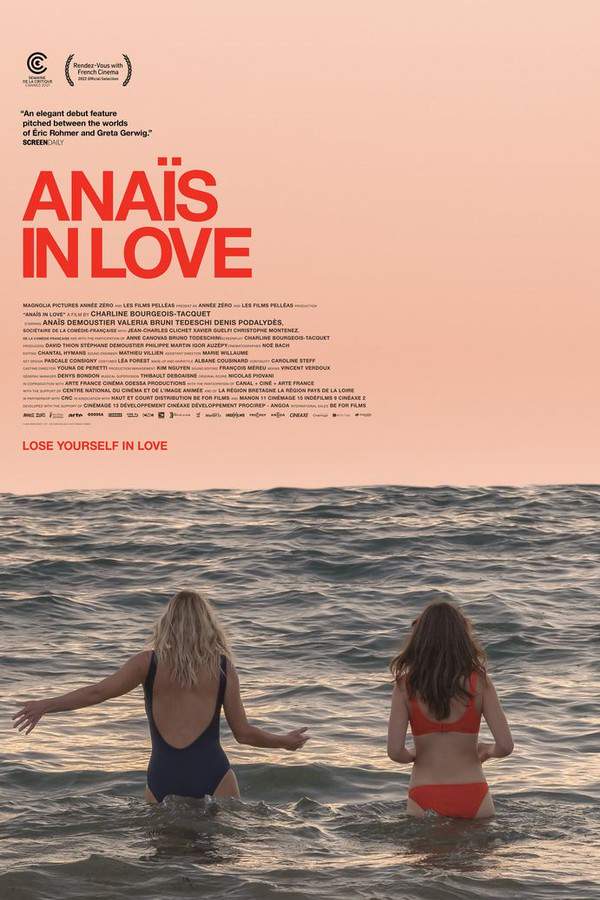
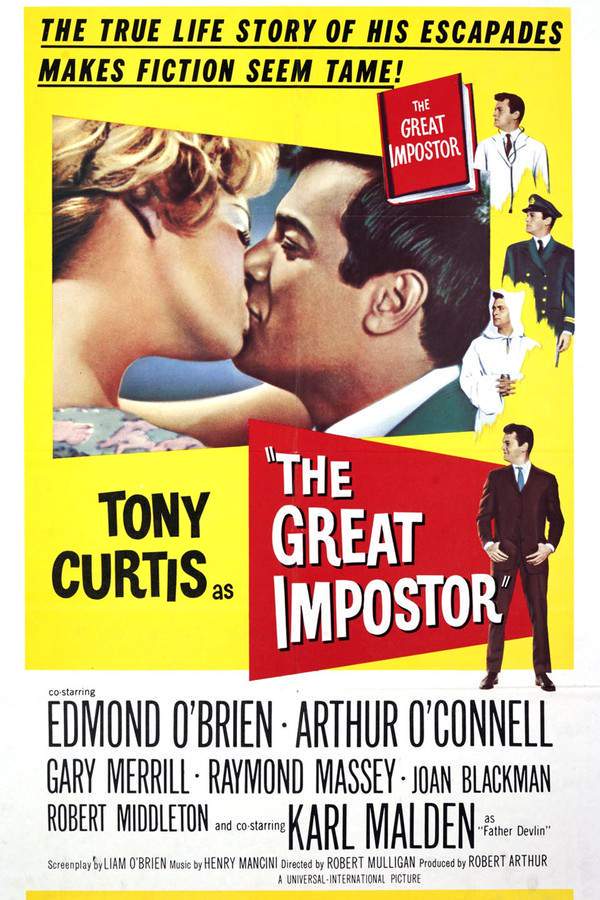



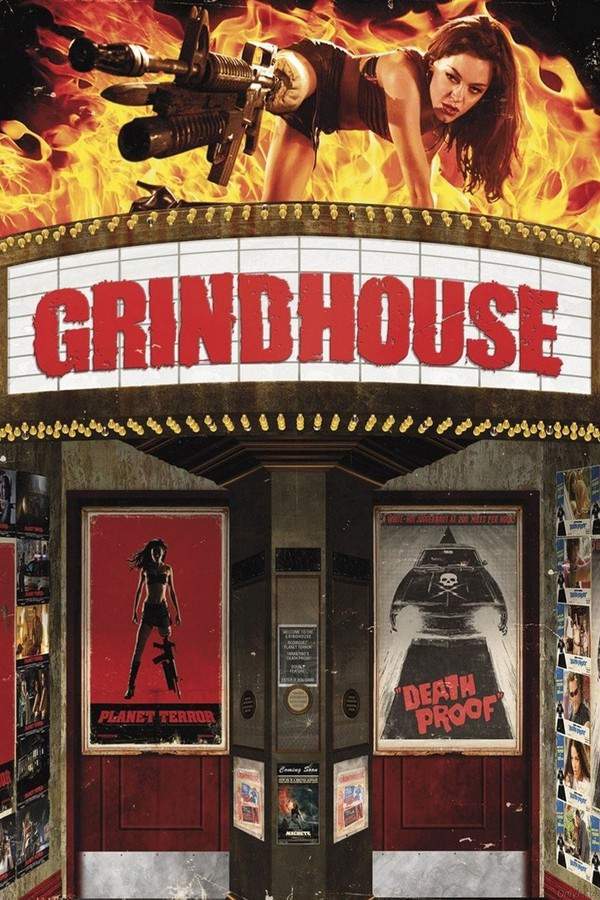
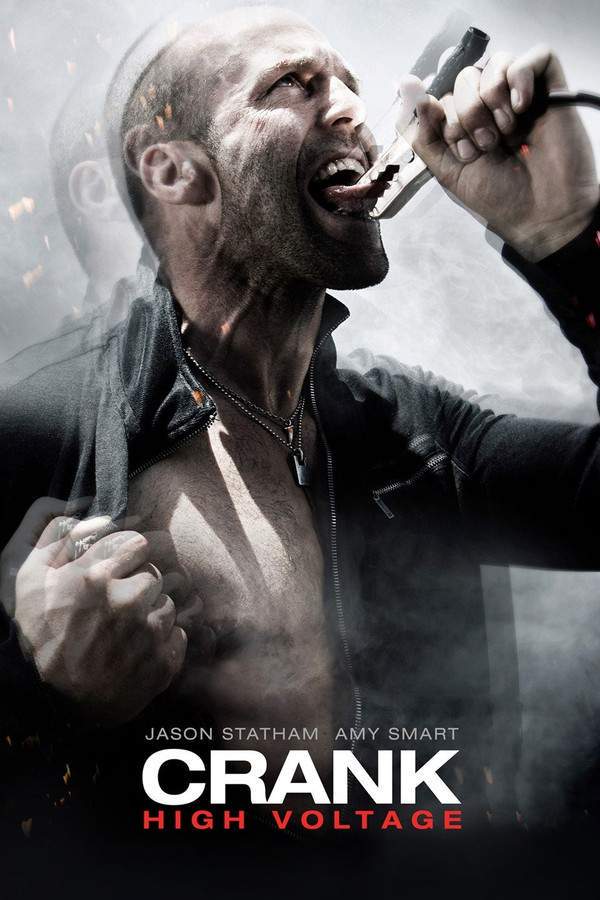
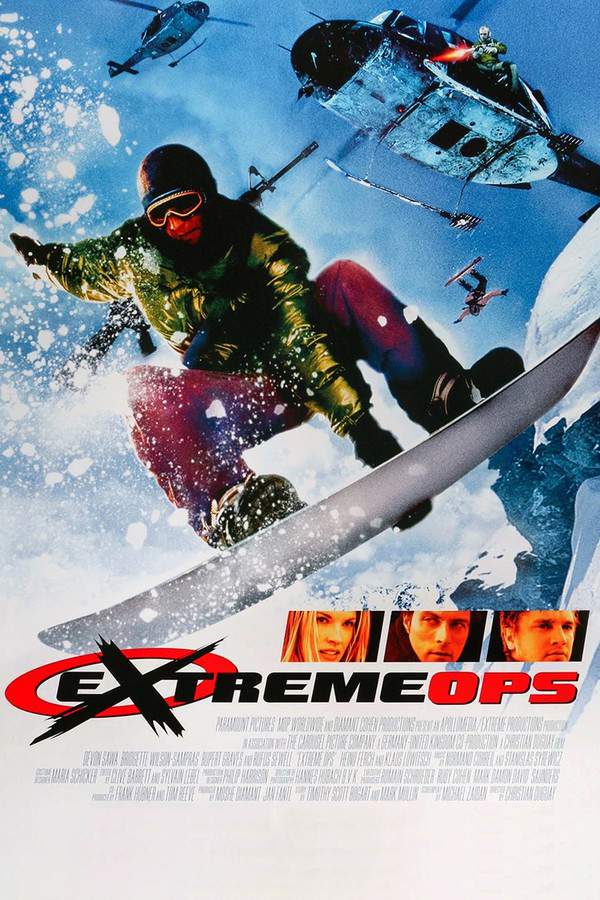
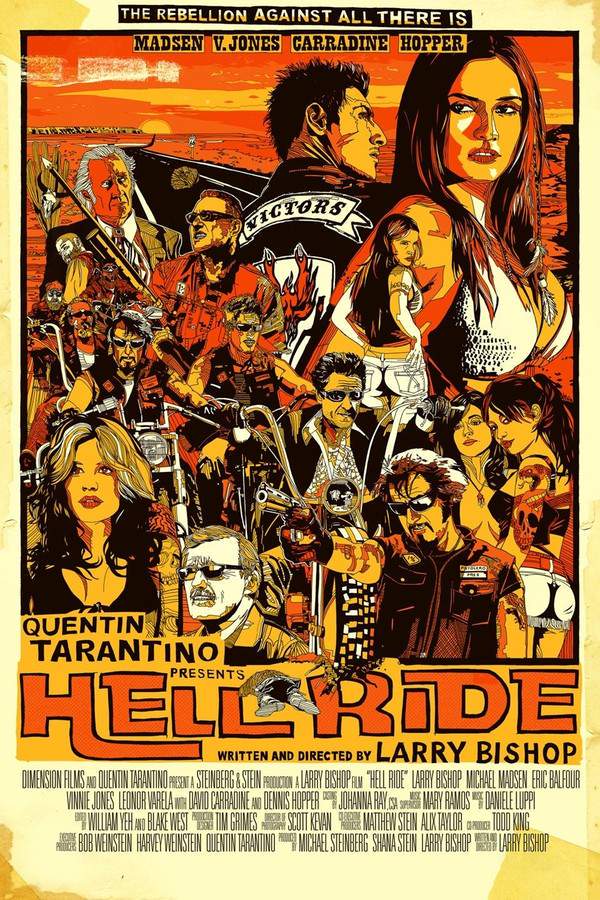
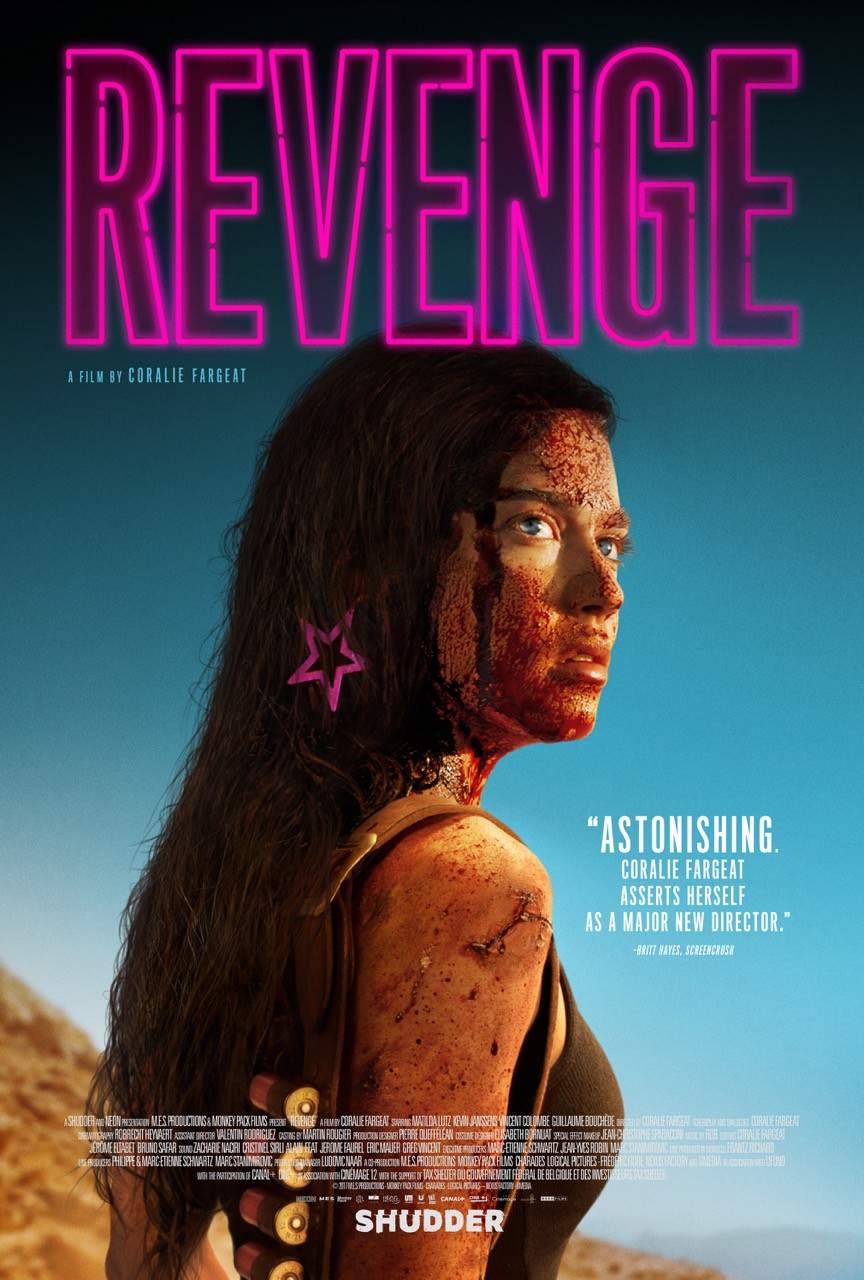
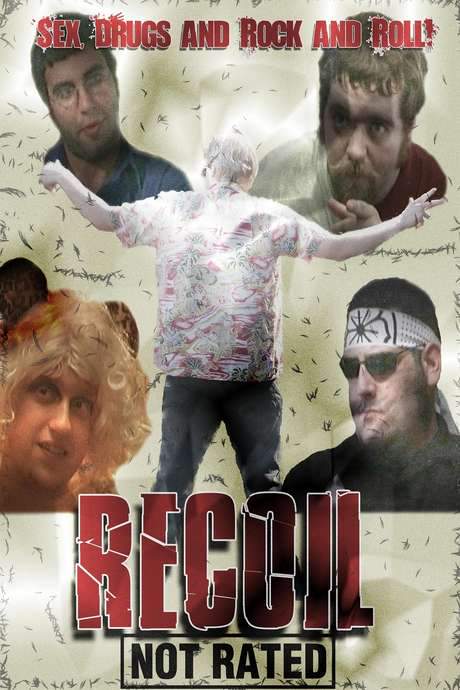
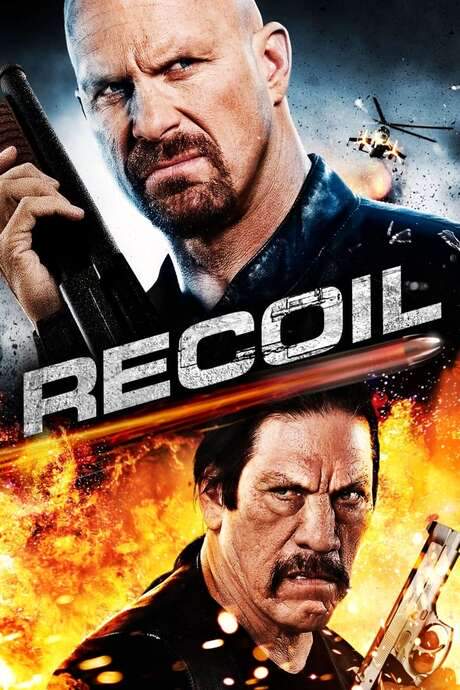
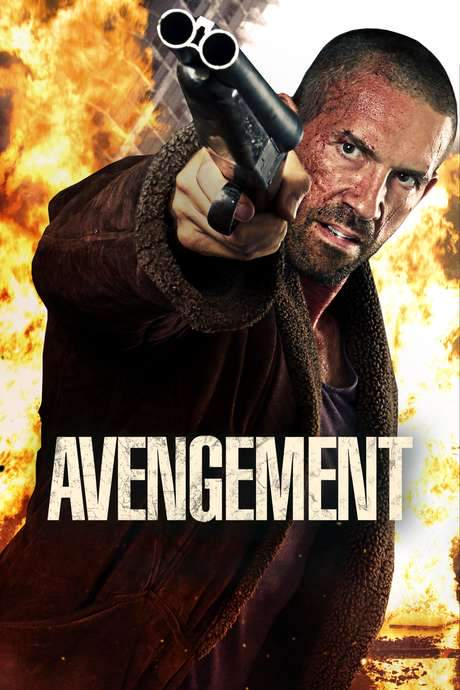





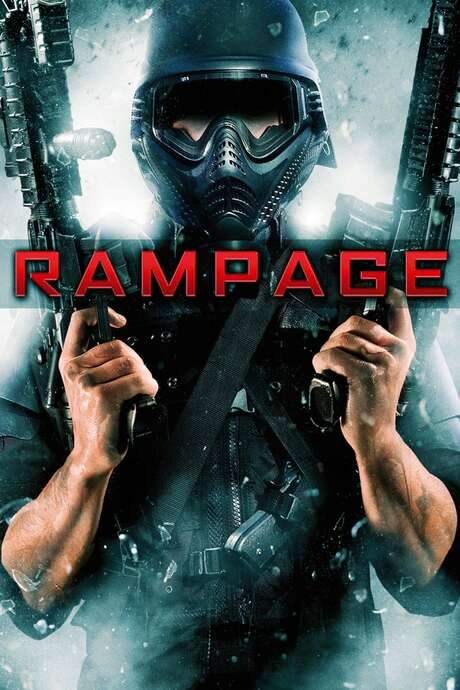
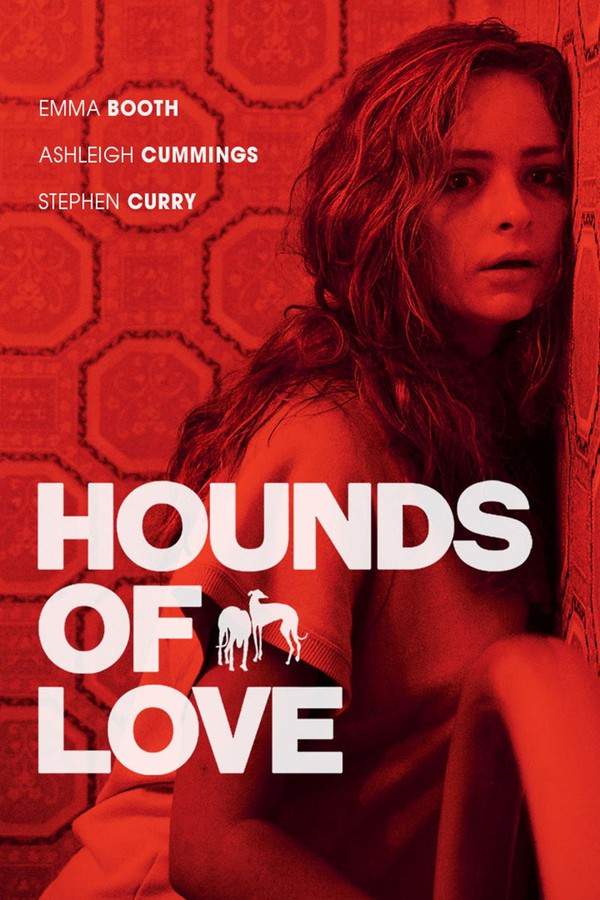


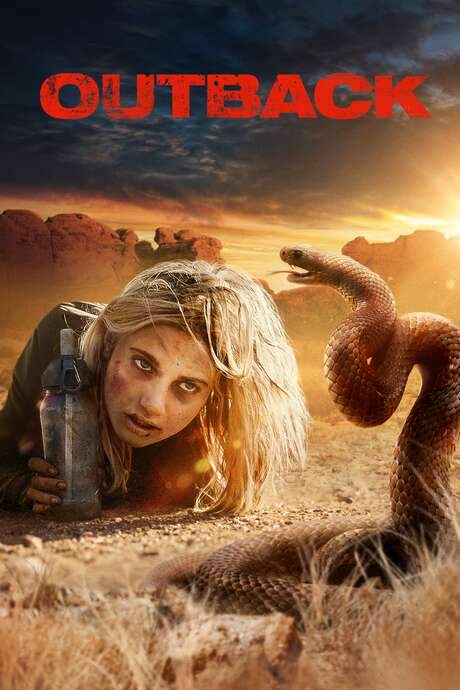
![[CENSORED]](https://whats-after-the-movie-ti152.sevalla.storage/movies/[CENSORED]-Jm5S1vBhPNnbbg.jpg)







